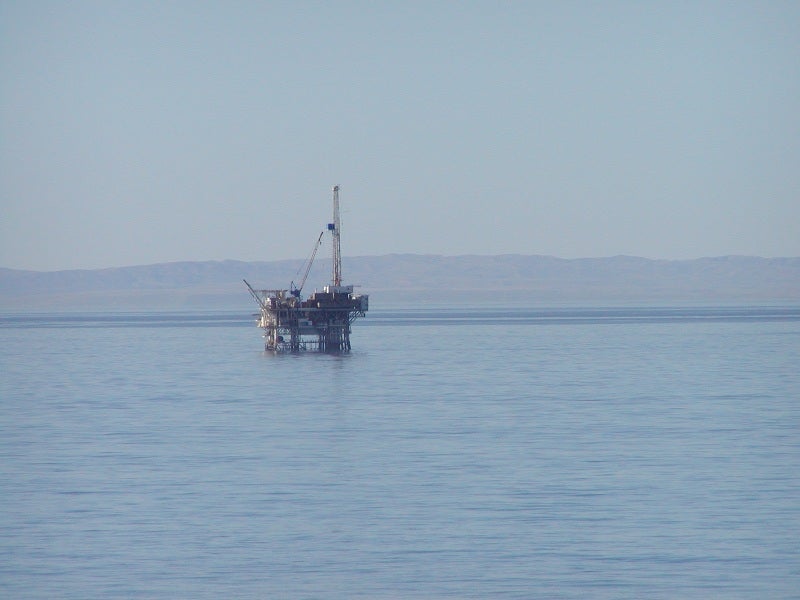
Oil prices have reached multi-week highs after indications emerged from the OPEC that it was likely to maintain production cuts through the end of this year.
Brent crude jumped 34 cents to touch $72.55 per barrel after reaching $73.40, the highest since 26 April this year, Reuters reported.
US West Texas Intermediate crude soared 24 cents to trade at $63 a barrel. Earlier in the day, the contract hit a three-week high of $63.81.
At a meeting held in Jeddah on 19 May, the Joint Ministerial Monitoring Committee (JMMC) reaffirmed its commitment to achieving a balanced market. The gathering did not make any concrete recommendations with respect to the supply cuts policy.
Saudi Arabia Energy Minister Khalid al-Falih stated that the OPEC and allied oil producers have agreed to drive down crude inventories ‘gently’. al-Falih also assured that Saudi Arabia would be open to respond to the needs of a ‘fragile market’. His UAE counterpart Suhail al-Mazrouei noted that relaxing the ongoing supply cuts was not the right decision.
As per the data available with the producer group, oil inventories in the developed world increased by 3.3 million barrels month-on-month in March 2019.
How well do you really know your competitors?
Access the most comprehensive Company Profiles on the market, powered by GlobalData. Save hours of research. Gain competitive edge.

Thank you!
Your download email will arrive shortly
Not ready to buy yet? Download a free sample
We are confident about the unique quality of our Company Profiles. However, we want you to make the most beneficial decision for your business, so we offer a free sample that you can download by submitting the below form
By GlobalDataUBS analyst Giovanni Staunovo was quoted by Reuters as saying: “While not explicitly mentioned in the statement (of the JMMC), uncertainty on how many Iranian and Venezuelan oil barrels will be lost due to US sanctions was probably the main reason the group kicked the can down the road.”
The supply cuts are pursuant to an agreement reached by OPEC, Russia and other non-member producers, to reduce production by 1.2 million barrels per day (Mbpd) from 1 January 2019 for a period of six months.
The group is set to meet in Vienna next month to discuss the supply policy and arrive at a decision.
Oil prices have also received considerable support from rising tensions in the Middle East. In a tweet posted on 19 May, US President Donald Trump said that a conflict would be the ‘official end’ of Iran.
Tensions escalated sharply after two of Saudi Arabia’s oil tankers were attacked off the coast of the UAE. Saudi Arabia, the de-facto leader of the OPEC, warned that it is prepared to respond with ‘all strength and determination’. However, the country added that it wants to avert war in the region.




